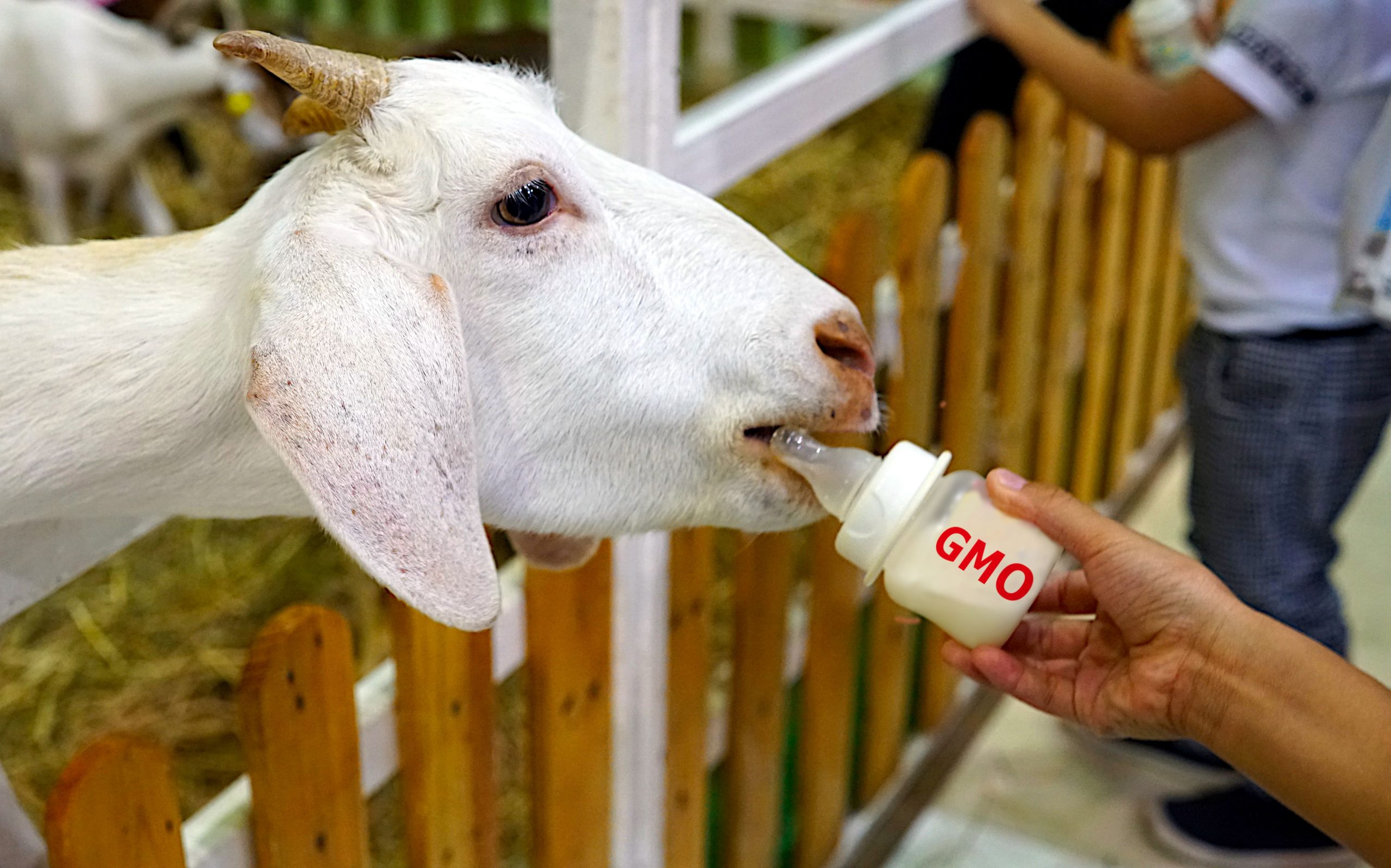Seitan is a major source of proteins for vegans and vegetarians. But as much as it comes with numerous health benefits, there are downsides to it. Seitan is used as a substitute for animal proteins by vegans and vegetarians. It is rich in proteins and also a low-carb alternative. It is made from gluten – a protein found in wheat. It is prepared by eliminating starch from the dough by washing it. The remaining sticky substance is dried, and the residue is referred to as seitan.
Later, it is cooked and served as a protein for this special group of people. Seitan is also known as wheat protein or wheat meat. This protein has health benefits as well as side effects on those who regularly use it. This article will discuss the benefits and the effects of seitan and help you figure out whether or not it is safe for you to use it.
Pros of Seitan
Easy to prepare
Seitan is prepared by kneading dough, then washing it to remove the extra starch in it. The stretchy dough that remains after washing is later cooked in different ways. Others may season it to enhance its taste. Seitan can also be baked and presented in different shapes making it more interesting. Today you can find cooked and packed seitan in restaurants. You can use it as a healthy snack since it is low in carbs compared to other fast foods.
It is a nutritious food.
Protein is the main nutrient in seitan. However, it has other nutrients such as iron, phosphorous, calcium, and copper. These nutrients are vital in the body as they perform different roles. Iron is required in the synthesis of blood. Calcium is important in the formation of strong bones, making them less prone to fractures. Copper is essential in facilitating the absorption of iron in the body. Therefore, eating seitan provides your body with these essential nutrients.
Low carb food.
Most of the starch found in seitan is washed away during preparation. The final product contains fewer carbs that makes it a convenient food for those intending to lose weight. It is also rich in proteins making it a good food for vegans and vegetarians. Sometimes during the manufacturing process, some manufacturers add soy and other legume flours. It makes it richer in proteins. This makes seitan equal to other animal proteins such as chicken. Those to lose weight can use this food as it provides more proteins and few carbs.
An option for vegans with a soy allergy.
Soy is a popular source of protein for vegans. However, many vegans develop some allergies to soy. Seitan is a good option for such vegans since it is made from friendly wheat as it rarely causes allergies. However, seitan is seasoned using different products, which may cause allergies. Be sure to check on the ingredients list to be safe.
Meaty taste.
Seitan is mostly prepared for vegans. Vegans only rely on plant proteins. Some manufacturers use some spices and other food seasoners that mimic the taste of meat. This provides that meat taste to the vegans providing satisfaction.
Cholesterol free.
Seitan is free from cholesterol. It is prepared simply by washing dough and dehydrating it. This method does not expose it to added oils. It makes this food to be heart-friendly. Foods that contain cholesterol are linked to causing heart diseases.
Easy to digest.
Meat and other meat products take long before they are fully digested. Seitan which is used in place of meat is easily digested. It is a plant protein. Plant proteins are easily digested and assimilated into the body.
The Cons of seitan
It is processed food.
Processed foods are unhealthy compared to unprocessed food. During processing, some additives may interfere with the nutritional value of seitan. All processed food should be taken in moderation as most of them pose a health risk. It also has to be supplemented with other foods that contain vitamins and carbohydrates to make it a complete meal.
May cause allergy.
Some people are allergic to gluten, especially children. Seitan is made from this gluten. This may make such people develop allergic reactions after eating seitan. Some develop serious reactions that may cause breathing problems. To some, they experience severe nausea.
It might cause celiac disease.
Celiac disease is an autoimmune disease caused by genetic factors and environmental factors. It is characterized by diarrhea, gas, and bloating. A major environmental cause of this disease is the consumption of gluten. It causes damage to the intestines lining. The condition might take long to be diagnosed as it mimics other less serious stomach problems. There exists no medication for this condition. Those affected by the condition are advised to avoid gluten. Seitan being a food made wholly from gluten, might cause this disease. Therefore, eat it in moderation.
Lack enough amino acids.
Proteins contain amino acids compounds that are required in the synthesis of hormones. Seitan does not contain enough of these building blocks. A major amino acid called lysine is found in gluten but in smaller quantities than required in the body. Vegans and vegetarians who rely on seitan as their main source of protein should seek more supplements for amino acids. Use foods such as beans and barley to provide more amino acids.
The bottom line
Seitan is a good source of protein for vegans and vegetarians. It provides nutrients found in animal proteins. It is also a source of other nutrients required in the body, such as calcium and iron. However, some people are sensitive to gluten. Such people should avoid seitan. It is also linked to causing celiac diseases. Those who experience symptoms related to those of celiac disease should seek medical attention. Seitan is good food for those who do not react to gluten.
Vegans should try different methods of cooking seitan such as baking, pan-frying, and grilling. Different methods of cooking provide different tastes. It can also be seasoned using different spices to enhance appearance and taste.
Credits
We would like to thank the below contributors who have helped us to write this article:









